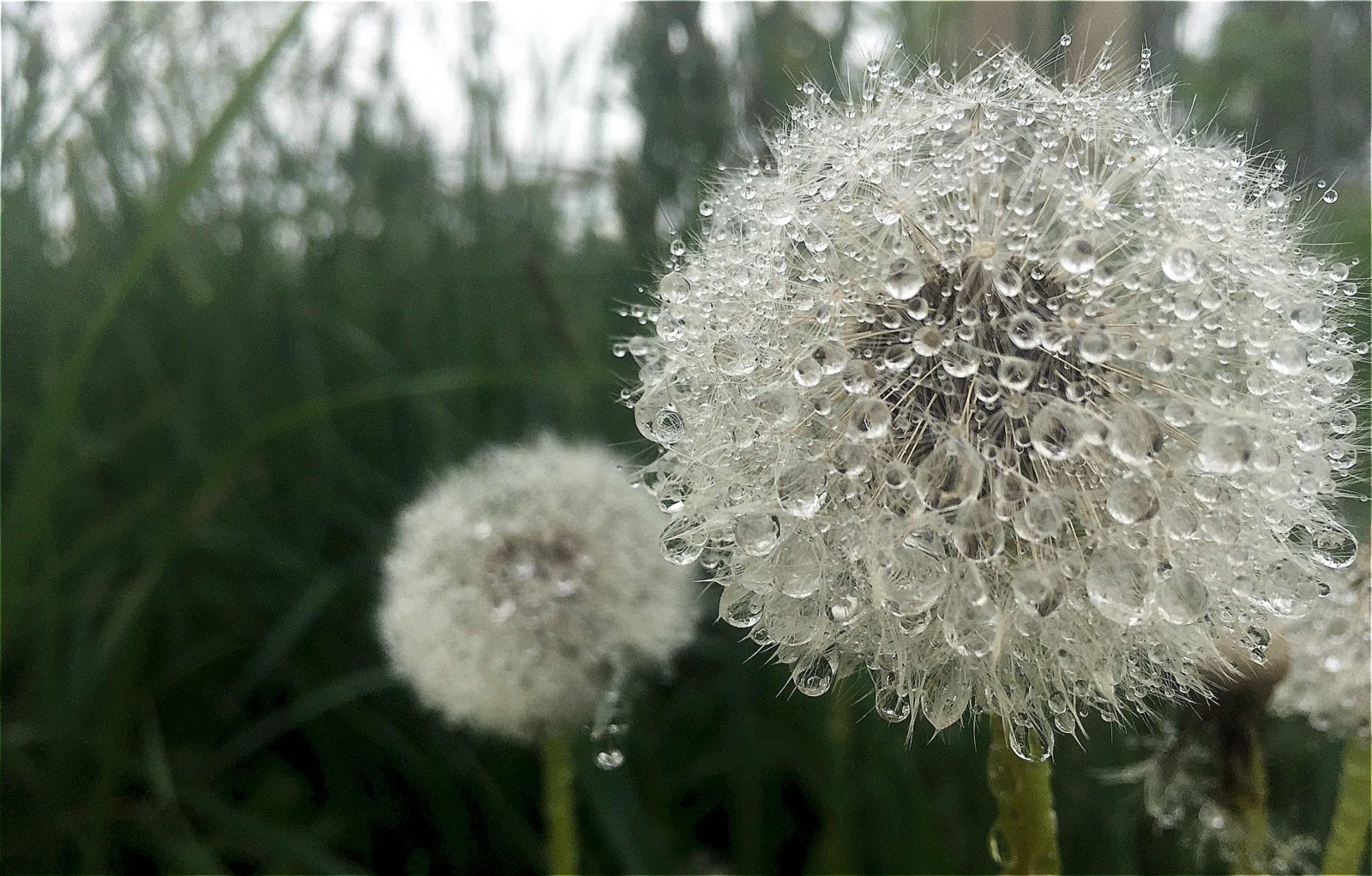1/4 Genre: Fiction
2/4 Genre: Reflection
3/4 Genre: Poetry
4/4 Genre: Open Letter
***
“Take only what has been given.”
—The Second Buddhist Precept
Weeding, I am finding, is a supremely humbling experience. I’ve spent weeks in the greenhouse at Dunrovin nurturing tiny seeds to grow in to fragile starts, and now, two short weeks away from our last frost date here in Western Montana, I am just hoping they survive long enough to be planted out in the garden. And yet, the weeds. If only I were farming thistle and dandelion. I would have the Midas touch.
My apprenticeship has me at Dunrovin in Lolo twice each week now, where I am working to prep the 5,000 square feet of garden space, to maintain it, and to shepherd it into Summer. Even though nothing has yet been planted, I spend hours each day that I’m there in the garden pulling weeds. It seems odd, on the one hand, that the strongest plants, the ones that have taken root on their own accord and are ready to thrive, are the ones that I should be battling. While on the other hand, it is my delicate greenhouse starts, the plants that I want so desperately to survive, that are all but eager to give up and waste away without ideal conditions of sunlight and water and warmth. The inversion of this situation stuns me with each weed I pull.
The situation makes sense, I suppose, given that we can’t eat thistle. Or, maybe we can, but a thistle salad is without doubt less appealing than spinach. As I am learning about growing I am beginning to appreciate what might be called the cost-benefits considerations in the garden, of the give-and-take between maintained and wild spaces. And yet, I am not comfortable with the idea of “taming” the land or nature. Taming feels too much like blunting or constraining, forcing something to my will. We are after all, only one agent among many who are fighting for survival.
The humility that I’m encountering from my experiences combatting or battling weeds—both words that are common on the lips of growers but reference aggressive or violent interactions—seems to mimic in miniature the daily struggles of so many of us. Why not take what life offers, what comes naturally? After all, one of the things that drew me most to permaculture initially was a recognition that manicured landscapes are rarely thriving and in fact the healthiest land is often the land on which we have had minimal impact. Nature knows how to take care of itself, and all we need to do is get out of its way. But how do we square that with getting what we want, what we need, out of that same system and in a way that does not cause us to become lost, grasping for complete control?
I think there is something more here than just weeds, and larger forces at play than just input-output equations. What if what we encounter in our daily lives, what we have been given, is not what we wanted? And even if it is what we wanted, what if it is not enough? I’m learning to grow and finding that it demands taking the time to consider deeply ideas such as persistence, acceptance, and long-term repercussions. I’m learning to grow and I’m finding joy in it. I’m learning to grow and I’m finding the balance it has to teach about giving and taking, wanting and needing, and accepting and choosing. I’m learning to grow and finding that I still have a lot to learn.
***
text © Andy Engel, 2016

